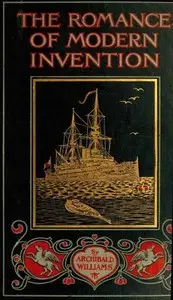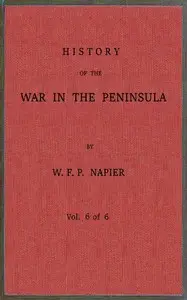"Peaceless Europe" by Francesco Saverio Nitti is a political analysis and critique written in the early 20th century, following World War I and the signing of the Treaty of Versailles in 1919. The book discusses the unfair nature of the peace treaties imposed on Germany and other defeated nations, arguing that these treaties perpetuate a cycle of hostility and conflict instead of fostering true peace and resolution. Nitti, drawing from his experiences as an Italian statesman and his involvement in post-war politics, advocates for a reconsideration of how Europe approaches peace and collective governance. The opening of "Peaceless Europe" sets the stage for Nitti's exploration of the precarious state of post-war Europe, contending that the continent is mired in dissatisfaction and discontent due to the harsh terms of the peace treaties. He reflects on the devastation wrought by the war, highlighting the psychological and socioeconomic turmoil affecting both victors and the vanquished. Nitti critiques the approach taken by the Allied Powers, particularly focusing on the punitive measures against Germany, arguing that these policies only deepen animosities and undermine any prospects for future cooperation and solidarity in Europe. This introductory portion establishes a tone of urgency, as Nitti calls for a genuine commitment to rebuilding Europe on the foundations of justice, equity, and mutual respect among nations. (This is an automatically generated summary.)

Peaceless Europe
By Francesco Saverio Nitti
"Peaceless Europe" by Francesco Saverio Nitti is a political analysis and critique written in the early 20th century, following World War I and the si...
Francesco Saverio Vincenzo de Paola Nitti was an Italian economist and statesman. A member of the Italian Radical Party, Nitti served as Prime Minister of Italy between 1919 and 1920. An opponent of the fascist regime in Italy, he opposed any kind of dictatorship throughout his career. According to the Catholic Encyclopedia in "Theories of Overpopulation", Nitti was also a staunch critic of English economist Thomas Robert Malthus and his Principle of Population; Nitti wrote Population and the Social System (1894). He was an important meridionalist and studied the origins of Southern Italian problems that arose after Italian unification.













